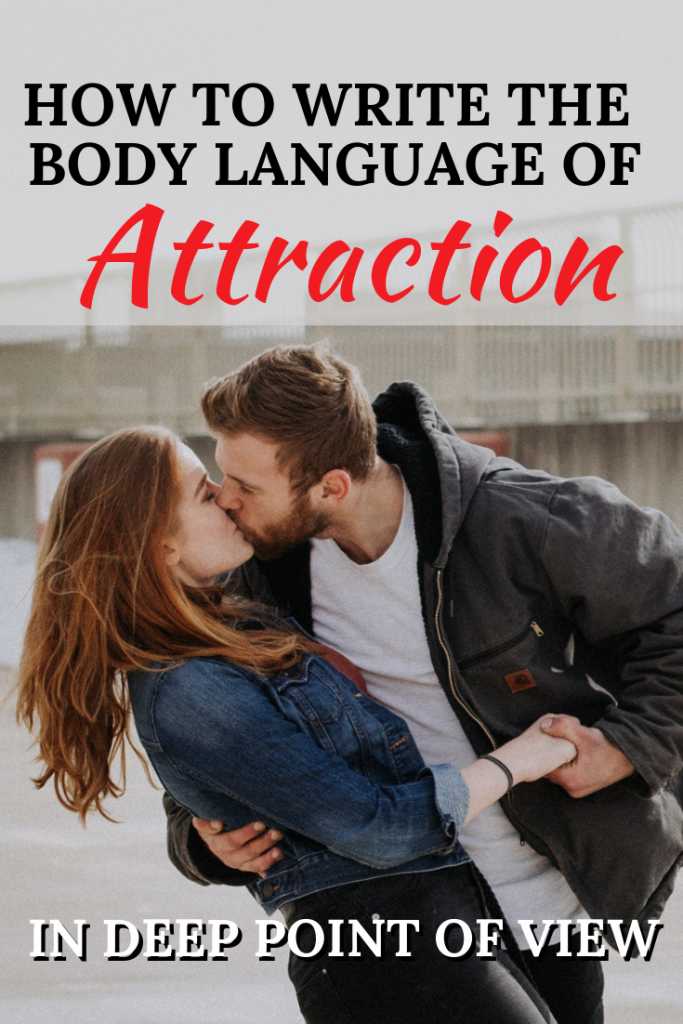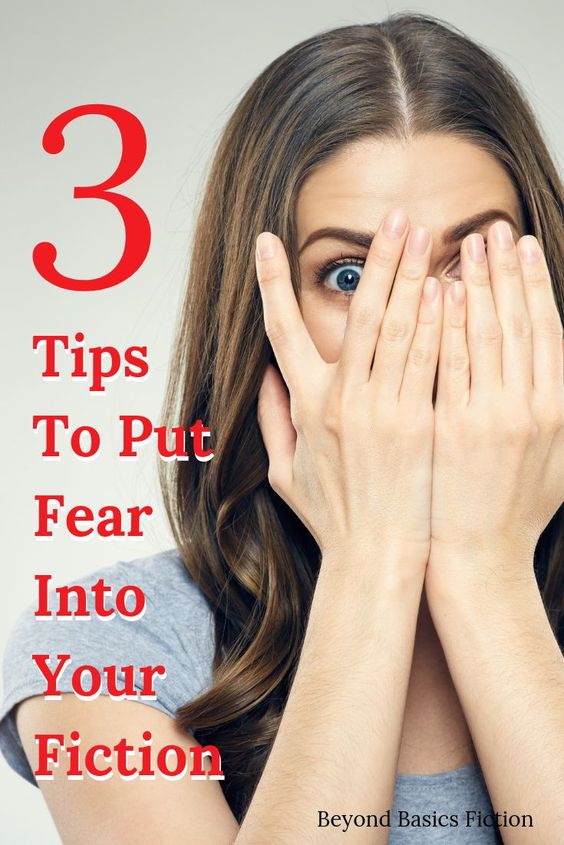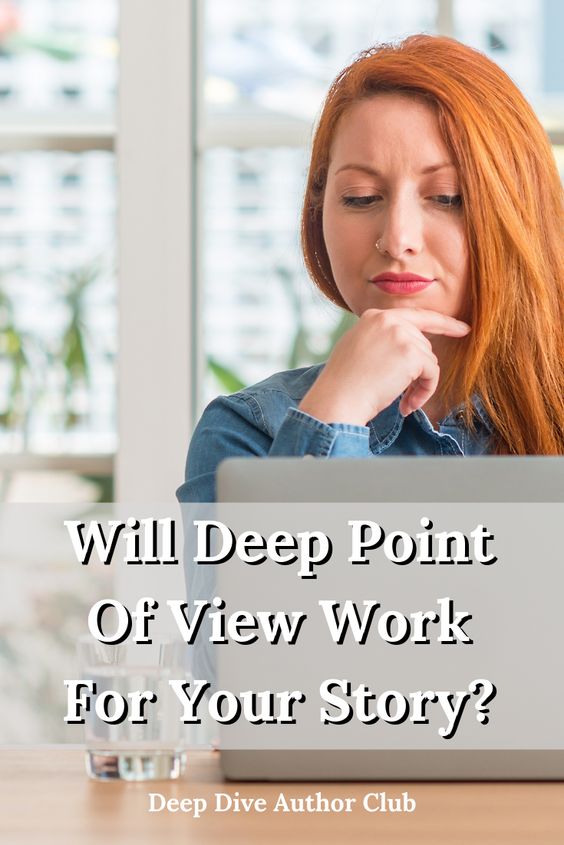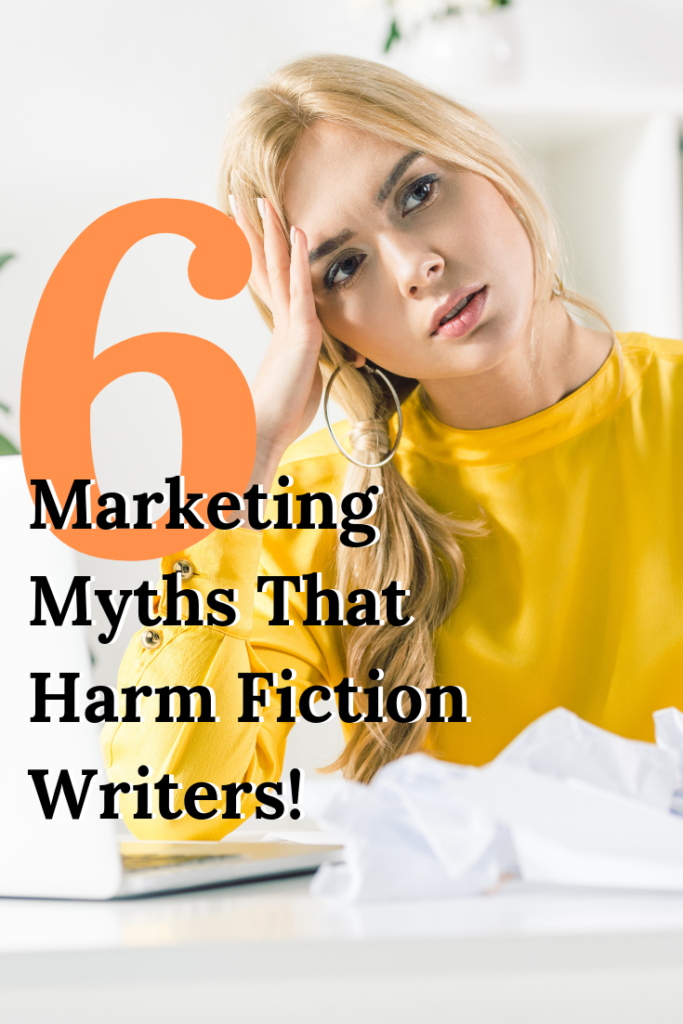
I love to write. There are writers who write and don’t care if anyone ever reads their work. I write so my work can be read. And for that, I need readers.
Facebook remains the gorilla of social media. This has been the case for a few years now and there doesn’t seem to be any end in sight. So, when my cowriter and I sat down to plan out our marketing (yes, we’re working on marketing as we write the book), we knew Facebook had to be one of the biggest cogs in our strategy.
For the summer, I’m sharing the marketing strategy that might blow up in our faces because I don’t see many writers approaching social the way we are. (I’ll be back to focusing on Deep Point Of View in September.) Over the years, I’ve written a lot about writers using Facebook to build platform. I’ve spent the last couple of years going much deeper with Facebook and marketing with great teachers like Rachel Miller (Moolah Marketer on Facebook), Stu McLaren (Founder of Tribe – find the group here), and Warren Carlyle (he’s BIG on Instagram but uses the same principles – his group is here), and others.
Friends, I’m all about free and organic reach is NOT dead on Facebook. If you just want to pour money into ads and not work at building an engaged community (aka passionate and vocal readership) then what I’m about to post likely won’t have much value for you. That’s OK. If you’re all about the free, and nearly free, stick with me.
3 Rules Of Facebook Marketing
These are going to be overly simplified. I’m not going to waste time writing out points of strategy that no one is interested in. You all get to decide the direction of these posts.
There are three principles I keep in mind with every piece of content on Facebook. Write them on a sticky note and post it to your monitor if you want. These are important!
Facebook Loves Itself
Facebook is in the business of keeping people ON FACEBOOK. This is a problem when you want to use Facebook to direct people to a blog, a landing page, Amazon or another book retailer.
Sharing content on your page that’s already been popular on Facebook can help. Posting videos and photos natively instead of using auto crossposting capabilities built into Instagram or WordPress will help. Use Facebook’s native scheduler instead of a third party one.
Links that just point people away from Facebook will not get as much reach. They won’t. Why? Because Facebook (and Instagram) loves itself. Posting links to Youtube or other social sites will be suppressed by the algorithm. Links in general won’t do as well.
Making links one aspect of your posting strategy is one way around this. If you show Facebook you’re interesting, then the one link you post among four or six other types of content will still be seen as long as people interact with it (ie – click through to the blog or website). You need to make sure your website is Facebook friendly (think SEO, loading speed, bounce rates, etc.). Don’t use link shortners, so people can see where they’re being directed to. Also, it’s a great idea to find ways to direct people back to Facebook (for example, I’ve added links to Facebook in this post). I’ve embedded content from Facebook into blog posts as well.
Does that mean there’s no point in posting blog post links on Facebook? Nope.
Facebook Gives You More Of What You Already Have
Have you participated in mutual like-fests on Facebook? I’ve lost count of how many friend requests I’ve accepted from writers and then immediately gotten a private message asking me for a reciprocal like on their profile or page. *face palm* On the page we’re building for fantasy readers (a specific niche of fantasy readers) there will be some writers on there, but we’re focusing on attracting fans of the particular niche of fantasy we’re writing.
Facebook makes assumptions about who your audience is and will strive to give you more of what you already have – writers.
If you’ve got a bunch of fans from a country that doesn’t speak English and you only write in English, that’s a problem. If you have a bunch of fans from a country where they can’t even buy your book if they wanted to, that’s a problem. If your mom asked all her senior friends to like your author page but you’re writing to 20 and 30-somethings, that’s a problem. Facebook will give you more of what you already have.
Know who your audience is. Know how old they are. Know where they live. Know as much about them as you can – because Facebook will give you more of what you already have. It’s better to have 100 or 1000 fans who LOVE your work and comment, like, and share your content than 10,000 who ignore your posts and never interact with your content. Don’t get caught up in numbers, focus on building a community. Our goal is to have 1000 passionate readers who LOVE our fantasy niche by launch day. We do plan to run ads on a minimal spend ($1 – $2 a day).
Communities are made up of people who talk with one another, encourage one another, support one another, tell all their friends about this great community they’ve found, etc.
Facebook Wants People To Feel Good
Facebook is implementing what they call community standards because they want people to feel safe while on their platform. Which gets tricky because everyone has different levels of comfort when it comes to health conditions, sexual content/imagery, politics, issues like vaccinations, etc. So it means that maybe some content you’re OK with seeing, Facebook has decided it doesn’t like.
Post content that makes people look good. Reframe the questions you ask and the images you post so that when people share it they can smile – this is so me! Don’t frame content in such a way that makes people look or feel bad.
Instead of: Don’t be the loser stuck at home this weekend try 10 fun ways to get out and meet people. Of course you’re going to find popular examples of negativity, but there’s a viral tipping point that needs to happen and it’s rare.
The community standards are hitting some romance and fantasy authors hard because they know what sells their books and Facebook has said it doesn’t like that imagery (I think Amazon may be swinging in this direction also). Romance readers and fantasy readers may love man-chests, chainmaille bikinis, and sexy images, but Facebook does not.
And I’m not just talking about blatantly sexual books covers, but imagery that shows or implies any sexual content – consensual or not (ie. the sexy embraces even when fully clothed, hands on breasts or hips or buttocks, etc.) are listed among those Facebook has specifically stated will be suppressed or removed. The algorithm is supposed to know the difference between a photo of a nude statue in a museum and a porn photo, but it’s a computer. There’s too much content being posted to have a human pair of eyes see it all. Controversy is not a great strategy on Facebook.
Starting A Platform From Scratch
I started posting content on my PROFILE (where people are asked to become a friend) that would attract fantasy readers. I asked questions and started conversations because I was looking for people willing to interact on Facebook not just passively lurk with a like. Lurkers are great, they buy books too, but I need my first 100 fans to be really passionate fans of fantasy to get the free organic reach on Facebook.
I created a friend list and added the people who liked that content to it. They can’t see that I’ve added them to any list. It’s a way to segment my friends. When I reached the number I wanted on that list (so this took time, it wasn’t a one-post and I’m done strategy), I created the fantasy page (there was an entire strategy behind that) and then posted content ONLY for the people on that list to encourage them to like the new page.
My cowriter has one fantasy novel out already and has a small email list from that book. We knew those were our ideal passionate readers already, so we created a free survey on Survey Monkey. We crafted the questions in such a way so that they TOLD US what they wanted to see in terms of content on Facebook, how to target ads to find others like them on Facebook and Amazon, etc. I also shared the survey, but only to the segmented friend list of people who had already shown that they loved to read fantasy. We didn’t want non-fantasy readers skewing our results.
Yes – they told us what they wanted us to post. No more guessing. No more posting content that attracts the wrong people. They told us exactly what they loved to see, what they hated, and why.
We built a Facebook, marketing and Amazon strategy on that survey! We created a Facebook page targeted to our ideal readers and have a 200% organic reach there right now (granted, we have fewer than 100 people on there because we are still in soft launch phase).
Want to see the 10 questions we asked? Get those here.
Remember – those reading this short series get to direct these posts. What aspect of this platform-building strategy would you like to know more about? Share below and I’ll get really specific on the topics people are interested in.
Been told you should learn Deep Point Of View? Had an editor or critique partner tell you to “go deeper” with the emotions in your fiction? Looking for a community of writers seeking to create emotional connections with readers? Check out the Free Resource Hub and then join the Going Deeper With Emotions In Fiction Facebook group.




This has been very helpful, Lisa. Thank you. I’d be interested in what to post in what order. Do I start with a reader list on Facebook or do I need to focus first on my Amazon profile?
I had a difficult time when I tried making a Facebook page. You aren’t able to reach out to others or invite/friend people. You could only post stuff and hope people found it. And when I tried to use a personal account/profile to reach out to people about seeing and interacting with my content I got banned. I didn’t have enough passion for social or for Facebook to attempt to get unbanned. I just abandoned the account. But building a fanbase on Facebook was difficult for me at least.
Thanks,
Wayne Walls
Wayne W Walls recently posted…Aesop Rock Review
Hi Wayne,
Sorry for the tardy reply. I’m on vacation overseas. Starting from zero is hard and time consuming, but check out teachers like Rachel Miller at Moolah Marketing on Facebook, or Warren Carlysle on Instagram, for tips on how to create a community for your content. There are a number of behaviours that Facebook flags as spam that will get you banned.